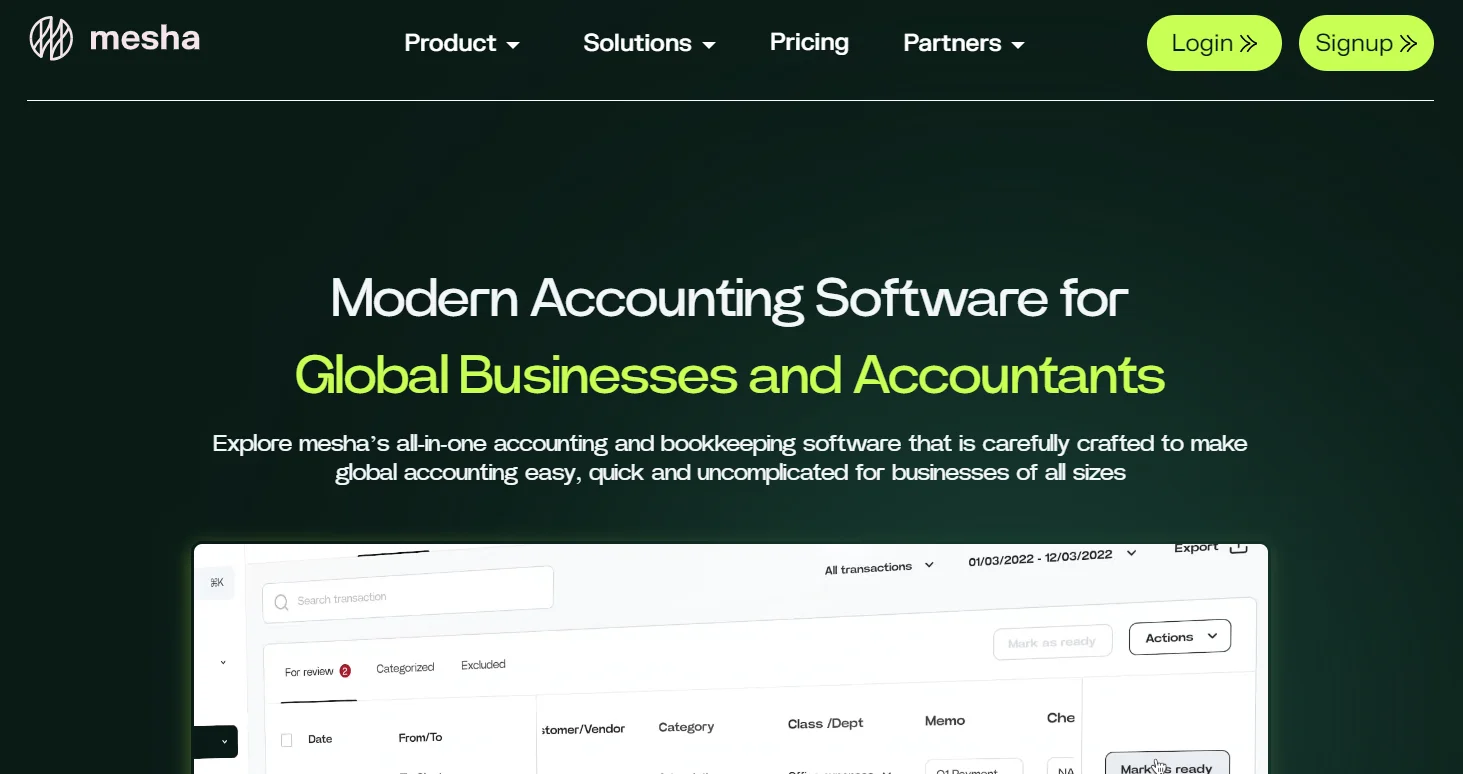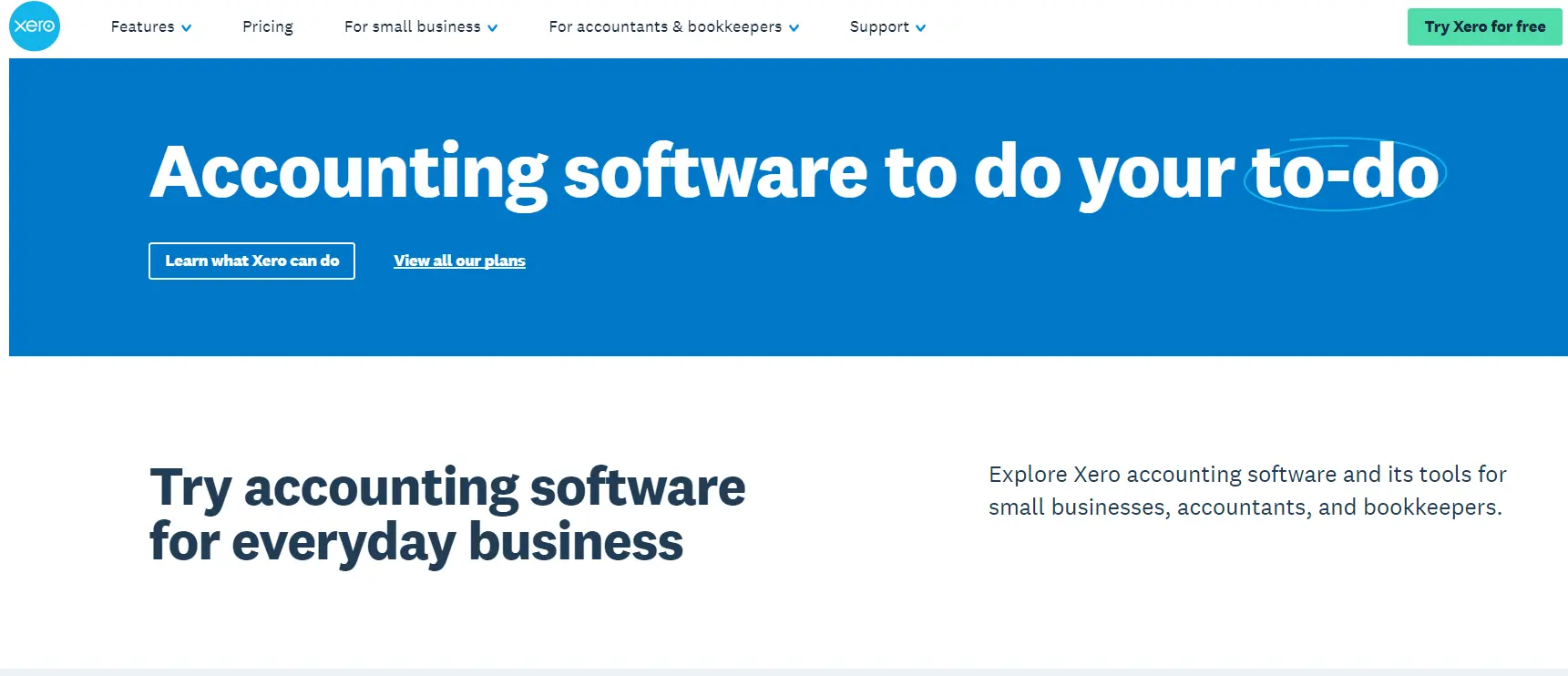How to Manage Accounting for Startups: 4 Essential Tips (2024)

Embarking on the path of entrepreneurship, startups face the challenge of navigating the rough terrain of financial management. Like a guiding compass, effective accounting practices steer them towards long-term success.
Did you know that according to CNBC, nearly 38% of startups face the daunting challenge of running out of capital and sadly fail? Remember, it’s all about building a solid accounting foundation right from the start, empowering you to make informed and strategic financial decisions that can make all the difference in your startup’s journey. From mastering the art of managing cash flow and creating realistic budgets to gracefully abiding by regulations, we’ve got your back. In this article, we’ll unveil four indispensable tips that will not only help you conquer the accounting hurdles but also pave the way for your startup’s triumphant success.
Whether you’re a seasoned entrepreneur embarking on a new venture or a first-time startup founder, this article aims to provide you with valuable insights and actionable advice to streamline your accounting processes.
What is accounting and why is it important for startups?
Accounting plays a crucial role for startups. It involves systematic recording, analyzing, and interpretation of financial transactions and information. Startups heavily rely on accounting to make well-informed business decisions.
By accurately documenting income, expenses, and assets, entrepreneurs can track cash flow, identify trends, and recognize potential areas of growth or concern. Accounting is not merely about number crunching; it offers valuable insights into the financial health and performance of the startup.
It aids in budgeting and financial planning, enabling effective resource allocation and strategic decision-making. Furthermore, it ensures adherence to legal and regulatory requirements. Startups must meet tax obligations, follow accounting standards, and fulfill reporting obligations to avoid penalties, legal complications, or business failure.
In addition to decision-making and compliance, accounting brings transparency and credibility to startups. By maintaining well-organized financial statements and records, entrepreneurs can establish trust and confidence with stakeholders such as investors, lenders, and partners. This fosters strong relationships and increases the likelihood of securing additional resources.
In essence, accounting forms the backbone of financial management for startups. Now, let’s delve into the next section where we’ll explore the various methods of accounting.
The different types of accounting methods that startups can use
When it comes to accounting methods, startups have a few options to choose from. Each method brings its own unique flavor to the financial management recipe. Let’s explore the different types of accounting methods that startups can use to spice up their financial game.
- Cash Basis Method: A straightforward and easy-to-understand approach. Just like its name suggests, it focuses on the actual cash inflows and outflows. With this method, startups record transactions when money physically enters or leaves their pockets. It’s like keeping a tally of the dollars passing through the hands of the business.
- Accrual Basis Method: This method adds a dash of complexity to the accounting mix. This method goes beyond cash movements and focuses on when transactions are earned or incurred, regardless of the timing of actual cash flow. Startups using this method record revenue when it’s earned, even if the payment hasn’t been received yet. Similarly, expenses are recorded when they’re incurred, even if the payment is due in the future. It’s like looking at the bigger picture and painting a more comprehensive financial portrait.
- Modified Cash Basis Method: This method combines elements of both the Cash Basis and Accrual Basis approaches. Startups using this method may use cash accounting for day-to-day operations but switch to accrual accounting for larger financial decisions or reporting purposes. It’s like having the flexibility to switch between different flavors depending on the dish you’re cooking.
- Hybrid Method: This allows startups to blend different accounting methods based on their specific needs. They can use different methods for different aspects of their financial management, such as cash accounting for revenue and accrual accounting for expenses. It’s like being your own master chef, mixing and matching ingredients to create the perfect accounting recipe.
These various methods offer startups the freedom to choose the approach that best suits their flavor. Whether they prefer the simplicity of cash, the comprehensive view of accruals, a mix of both, or their own unique blend, startups can spice up their financial management and ensure their books are seasoned to perfection. Now that we know the various kinds of accounting, let’s dive straight into the four steps to manage accounting.
How to manage accounting for startups
In the fast-paced world of startups, managing accounting effectively is key to building a strong foundation for success. From keeping track of financial transactions to ensuring compliance with regulations, proper accounting practices play a vital role. In this section, we will explore the essential aspects of managing accounting for startups with the following 4 steps:
1) Set up your accounting system
Setting up a robust accounting system is the crucial first step in managing accounting for startups. To lay a solid foundation, follow these four essential steps:
Step 1: Open a separate bank account for your business: By separating personal and business finances, you ensure clarity and make tracking transactions easier. It also simplifies tax reporting and demonstrates professionalism to stakeholders.
Step 2: Choose an accounting software that fits your needs: Explore options like mesha, QuickBooks, Xero, or FreshBooks to streamline your financial processes. Look for user-friendly interfaces, features that align with your requirements, and the ability to generate insightful reports.
Step 3: Set up a chart of accounts: This involves creating a categorized list that organizes your income, expenses, assets, and liabilities. It provides a structured framework for recording transactions, making it easier to analyze your financial data later on.
Step 4: Decide how to organize new transactions and old records: Determine a systematic approach for entering new transactions into your accounting software promptly. Additionally, if you have existing financial records, ensure they are accurately transferred to your new accounting system.
By diligently following these steps, you establish a strong accounting system that sets your startup up for success. It enables you to track your business’s financial health, make informed decisions, and ensure smooth financial operations as you navigate the exciting entrepreneurial journey ahead.
2) Track your expenses
When it comes to managing accounting for startups, keeping a close eye on your expenses is crucial. Here are three simple yet vital steps to ensure effective expense tracking:
Step 1: Keep a record of all your business expenses, no matter how big or small: Whether it’s a minor stationery purchase or a significant marketing campaign, documenting every expense enables you to effectively monitor your spending. It provides a comprehensive overview of your financial outflows, empowering you to budget wisely and make informed decisions.
Step 2: Save receipts, invoices, and other supporting documents for your expenses: These pieces of paper or digital records serve as proof and backup for your financial records. By organizing them neatly, you can easily retrieve them whenever needed. Remember, having solid documentation not only ensures financial transparency but also simplifies tax obligations.
Step 3: Categorize your expenses to monitor your spending over time: Create expense categories that make sense for your business, such as office supplies, marketing and advertising, utilities, employee wages, or professional services. Categorizing expenses allows you to analyze trends, identify areas where you can save costs, and make informed decisions to optimize your budget.
Remember, every penny counts, and being mindful of your spending sets the stage for a financially healthy and thriving business.
3) Generate financial reports
Generating financial reports is a game-changer. Here’s how you can harness their power to gain valuable insights and make informed decisions:
Step 1: Utilize your accounting software to generate essential financial reports, such as the balance sheet, income statement, and cash flow statement: These reports offer a comprehensive snapshot of your business’s financial well-being, showcasing your assets, liabilities, revenues, expenses, and cash flow.
Step 2: Review these reports regularly to track your financial performance: Dive into the numbers, identify patterns or trends, and compare them against your goals or industry benchmarks. By keeping a vigilant eye on your financial reports, you’ll grasp your business’s true trajectory, uncover areas of strength, and proactively address any challenges that may arise.
Step 3: Use the information in these reports to make informed business decisions: Financial reports serve as your compass, guiding you in strategic planning and resource allocation. They provide insights into growth opportunities, help evaluate new projects or investments, and assess the effectiveness of your current strategies. By leveraging these valuable insights, you can confidently make decisions that align with your business objectives and pave the way for long-term success.
These reports are not just numbers on paper; they are powerful tools that provide actionable insights for driving your startup’s growth and prosperity. So, dive into your financial reports and let them guide you towards making sound, informed decisions for your business’s success.
4) Stay compliant with tax regulations
Navigating the intricacies of tax regulations can seem daunting. So, here are three essentials steps to help you stay compliant, equipping you with the knowledge and tools necessary to fulfill your tax duties with confidence:
Step 1: Understand the tax laws that apply to your business: Familiarize yourself with the specific tax requirements and regulations relevant to your industry and location. This includes knowing about business tax deductions, sales tax obligations, employee payroll taxes, and any other applicable taxes. Seek guidance from tax professionals if needed to ensure you have a clear understanding of your tax responsibilities.
Step 2: Keep accurate records of your business transactions: Maintaining well-organized and detailed records of your income, expenses, invoices, receipts, and other financial documents is crucial. This documentation serves as evidence to support your tax filings and can be essential during tax audits or inquiries. By keeping meticulous records, you can minimize errors, ensure accuracy, and be prepared for any tax-related inquiries.
Step 3: File your taxes on time and in full: Adhere to the prescribed tax deadlines and submit your tax filings promptly. Be diligent in reporting all income and claiming eligible deductions or credits. Double-check your calculations and ensure that you include all necessary forms and supporting documentation. By filing your taxes in a timely and accurate manner, you avoid penalties, interest charges, and unnecessary complications.
Remember, seeking professional tax advice and assistance when needed can provide additional support and help navigate the complexities of tax compliance more effectively. And if you have a good accounting system, you can easily get rid of the headaches during tax season and make the most out of the available deductions.
In conclusion, accounting may not be the most glamorous aspect of running a startup, but it is undoubtedly one of the most critical. By using accounting as a strategic tool, you can drive growth, profitability, and long-term success for your business.
Best tools to manage accounting for your startup
When it comes to managing accounting for your startup, having the right tools can make all the difference. With so many options available, it can be challenging to determine which one is the best fit for your business. It’s essential to look for software that is easy to use, integrates with your other business tools, and offers the features you need.
Here are three essential tools to streamline your accounting processes and ensure financial success:
1) mesha:

mesha is widely known for comprehensive multi-entity financial management, automation, scalability, and reporting features, which enhances efficiency, decision-making, and data security. Customers love how it streamlines processes, provides customizable reports and analytics, and prioritizes compliance, empowering them with valuable insights, and peace of mind.
2) Quickbooks :

Known for a variety of features such as invoicing, expense tracking, financial reporting and payroll. Its integrations make it very likable amongst users.
3) Xero:

Xero is a renowned cloud-based accounting software that is highly regarded for its innovative features and user-friendly interface. It offers a range of functionalities designed for businesses of all sizes. Xero gained popularity for its seamless bank reconciliation, real-time financial reporting, and multi-currency support.
Before choosing a software, it’s important to consider your business’s unique needs and budget. Many software options offer free trials, so take advantage of these to test out the software before committing.
Final thoughts:
Embarking on a new business venture is an exciting but demanding journey. Amidst the multitude of tasks, establishing an organized accounting system stands as a crucial step. By familiarizing yourself with essential accounting concepts and leveraging the capabilities of a reliable accounting software package, you can lay a solid foundation for your success.
With mesha by your side, you can focus on what you do best while ensuring your accounting processes are efficient and hassle-free.


